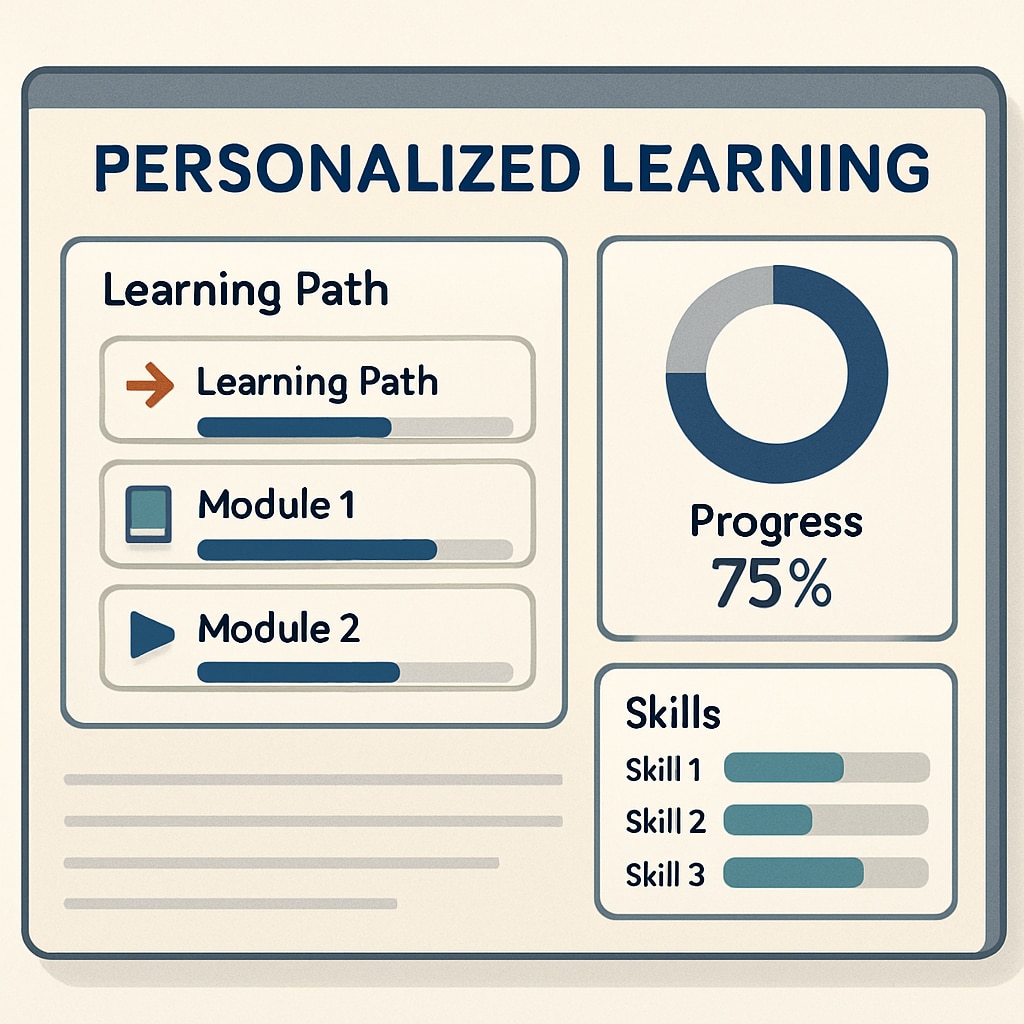In today’s education systems, grades dominate the way we assess student performance, often reducing learning outcomes to mere numbers. While this approach may provide a snapshot of achievement, it fails to capture the full spectrum of a student’s abilities, efforts, and progress. To foster deeper understanding, personalized growth, and real-time tracking of learning outcomes, we must explore alternative methods like formative assessments, skill-based evaluations, and personalized learning pathways.

Why Grades Alone Are Insufficient
Grades have long been the cornerstone of educational evaluation, but they come with significant limitations. Firstly, they often prioritize memorization over critical thinking and creativity. Secondly, standardized grading systems fail to account for individual learning styles and paces. As a result, students may feel demotivated or misrepresented, particularly those who excel in non-traditional ways.
Moreover, grades rarely provide actionable insights for teachers or parents. For example, a “B” in mathematics does not explain why a student struggles with algebra but excels in geometry. This lack of specificity can hinder targeted interventions.
Instead of focusing solely on grades, educators can adopt systems that evaluate broader learning outcomes, such as problem-solving skills, collaboration, and emotional intelligence.
Innovative Alternatives to Traditional Grades
To create a more comprehensive educational framework, several alternatives to grades are gaining traction:
- Formative Assessment: Unlike summative assessments that occur at the end of a unit or term, formative assessments are ongoing and provide immediate feedback. They allow educators to adjust teaching methods in real-time based on students’ needs. For example, a quick quiz or group discussion can reveal gaps in understanding.
- Skill-Based Evaluation: This approach emphasizes real-world competencies rather than abstract scores. For instance, evaluating a student’s ability to write a persuasive essay or solve complex problems reflects practical skills that are relevant beyond the classroom.
- Personalized Learning Pathways: Each student progresses at their own pace, guided by tailored goals and milestones. Digital tools can help track progress and provide customized resources, enabling both students and educators to monitor growth effectively.

The Role of Technology in Real-Time Tracking
Technology is transforming educational assessments by enabling real-time tracking of student progress. Tools like learning management systems (LMS) and AI-driven platforms can analyze data from formative assessments to provide actionable insights. For example, AI algorithms can identify patterns in a student’s performance and suggest targeted interventions.
Furthermore, digital portfolios allow students to showcase their achievements over time, including projects, presentations, and peer reviews. This holistic approach highlights growth and efforts, rather than a single letter grade.
For educators, these technologies streamline the evaluation process, helping them focus on teaching rather than administrative tasks. According to a Wikipedia article on educational technology, such advancements are redefining the role of teachers from graders to mentors.
Challenges and Considerations
While alternative assessment methods offer substantial benefits, implementing them comes with challenges. Educators may require training to adapt to new systems, and schools might need additional resources to support these changes. Additionally, parents and students accustomed to traditional grades may resist the transition.
To address these concerns, pilot programs can be introduced gradually, allowing stakeholders to experience the benefits firsthand. Transparent communication and collaboration between educators, parents, and policymakers are essential for successful implementation.
For an in-depth overview of assessment strategies, Britannica provides a comprehensive guide on educational assessment.
Conclusion: Redefining Success in Education
Grades will likely remain a part of educational systems for the foreseeable future, but they should not be the sole measure of success. By integrating formative assessments, skill-based evaluations, and personalized learning pathways, we can create a more balanced and effective framework for assessing learning outcomes.
These methods not only provide a clearer picture of a student’s abilities but also empower educators and students to focus on growth and innovation. As a result, the education system evolves to nurture lifelong learners who are prepared for the complexities of the modern world.
Readability guidance: The article uses short paragraphs, lists, and transition words to ensure clarity and engagement. Passive voice usage is minimized, and sentence length is balanced for readability.


